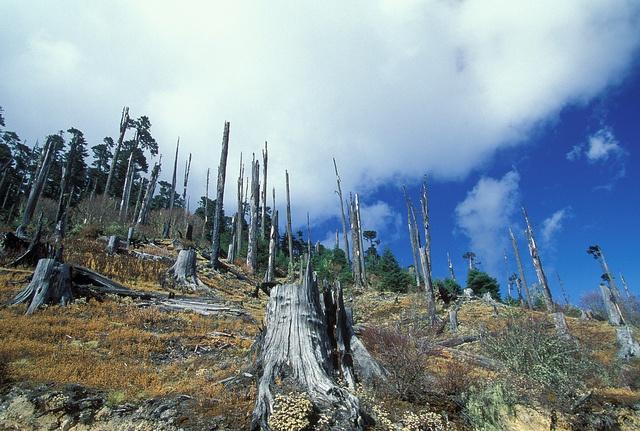
This week, McDonald’s announced a commitment to remove deforestation from its supply chain. The global fast food company’s commitment includes its entire supply chain. However, certain priority products will be focused on, including beef, fiber-based packaging, coffee, palm oil and poultry. The company will start to develop sourcing targets this year.
McDonald’s is the first global fast food chain to commit to removing deforestation from its supply chain. The commitment, according to the Union of Concerned Scientists (UCS), goes “well beyond” commitments by other companies to eliminate deforestation from palm oil supply chains. Going above and beyond its competitors, McDonald’s has committed to eliminating deforestation from all of its supply chain and not just palm oil.
The company's commitment to deforestation outlines what it expects from its suppliers. At the top of the list is no deforestation of primary forests or areas of high conservation value (HCV). Other expectations include:
- No development of High Carbon Stock forest areas
- No development on peatlands and utilizing best management practices for existing commodity production on peatlands
- Respecting human rights
- Respecting the right of all affected communities to give or withhold their free, prior and informed consent for plantation developments on land they own legally, communally or by custom
- Resolving land rights disputes through a balanced and transparent dispute resolution process
- Verifying origin of raw material production
- Supporting smallholders, farmers, plantation owners and suppliers to comply with this commitment
A work in progress
Lael Goodman, analyst with UCS’s Tropical Forest and Climate Initiative, said in a statement that McDonald’s commitment to eliminating deforestation is “still a work in progress.” In order for the fast food chain to “force real change,” it needs to “demonstrate real action in the form of strong individual commodity commitments and on the ground follow through,” Goodman said.
As McDonald’s fleshes out its commitment to eliminate deforestation from its palm oil supply specifically, it will need to address some concerns about palm oil. One of those concerns is increasing the traceability of palm oil to sustainable lands, as UCS pointed out. Most palm oil comes from Indonesia and Malaysia, and both countries have massive deforestation as a result of the palm oil industry.
McDonald’s scored 24.4 out of 100 points on UCS’s recently released 2015 Palm Oil Scorecard, up from 3.3 in 2014. In 2014, UCS launched its campaign to stop palm oil-driven deforestation in Indonesia and Malaysia. The release of its 2014 scorecard marked the beginning of the campaign. Both the public launch of the campaign and private negotiations focused on companies that scored low, which included McDonald’s. The organization then launched a petition, generating thousands of emails to each of the target companies, and bought Facebook ads. Despite all that UCS did, the fast food industry seemed not to pay attention. However, UCS launched a second petition that focused on the fast food industry, and called on its supporters to urge McDonald’s to improve.
The result of all of UCS's hard work is the no-deforestation commitment by McDonald’s. It’s a commitment that the organization calls a “game changer” in a blog post. If the fast food chain lives up to its commitments, other fast food chains might follow.
Image credit: World Bank Photo Collection

Gina-Marie is a freelance writer and journalist armed with a degree in journalism, and a passion for social justice, including the environment and sustainability. She writes for various websites, and has made the 75+ Environmentalists to Follow list by Mashable.com.














